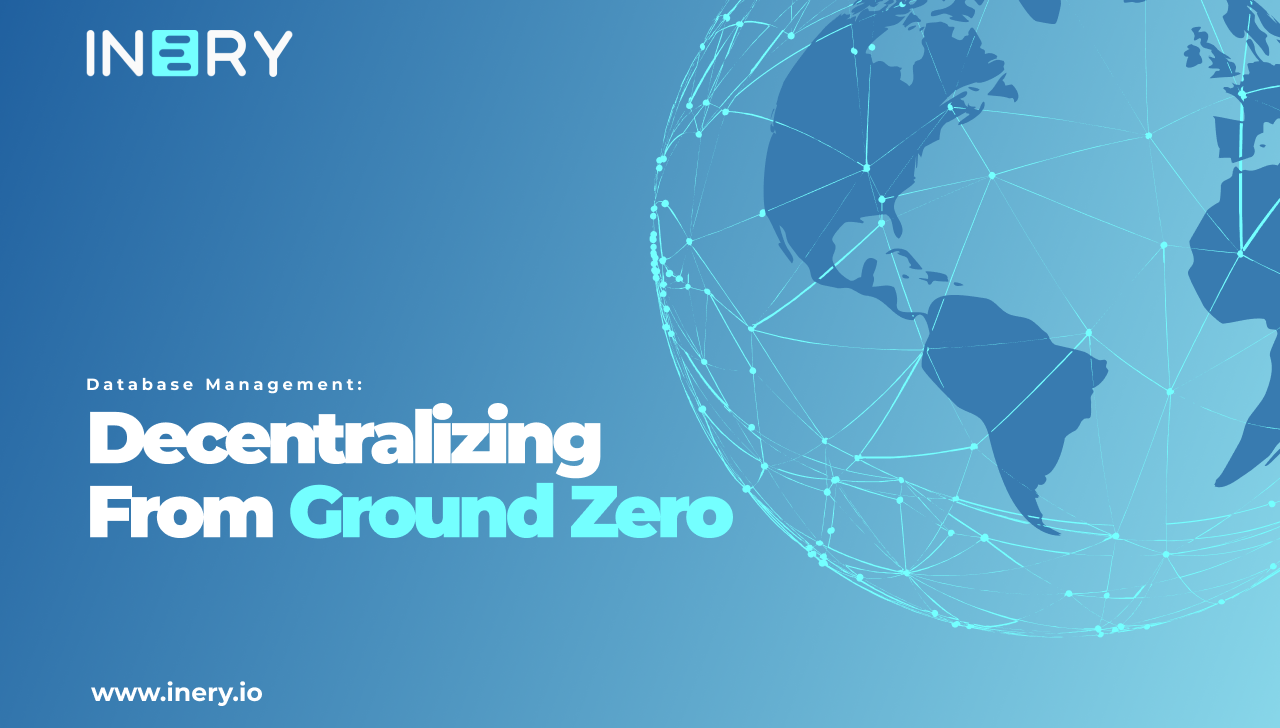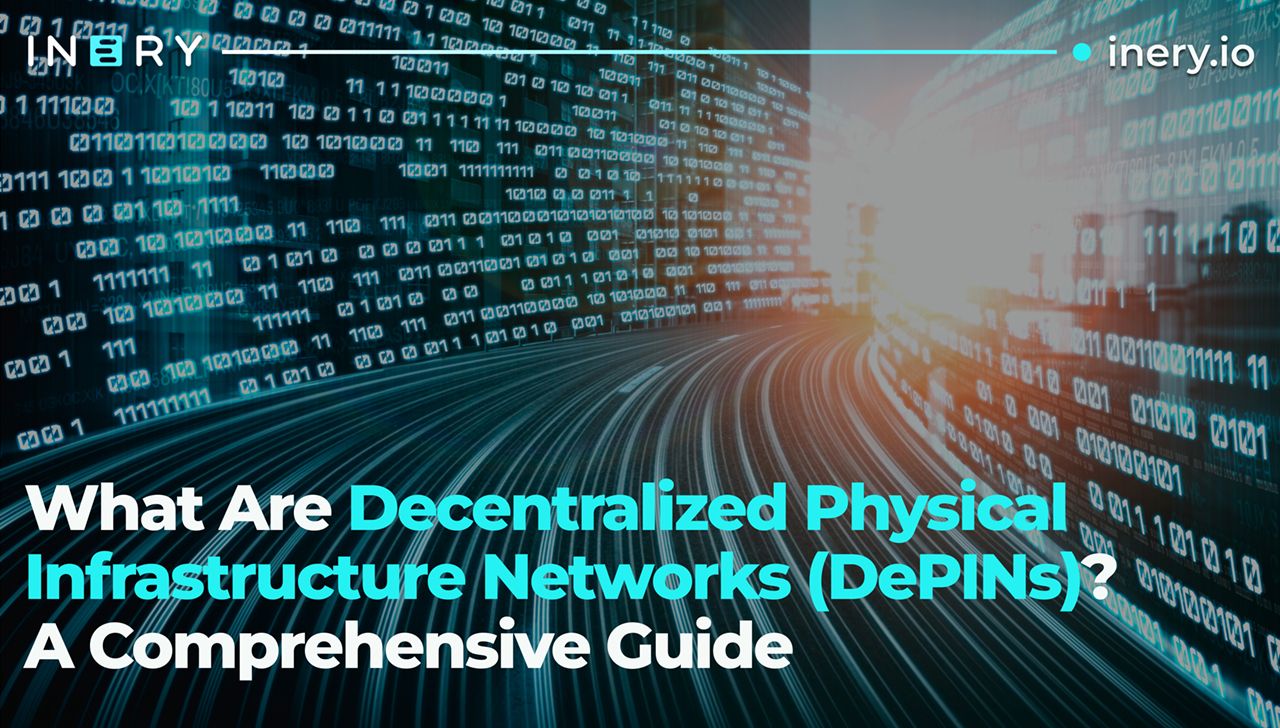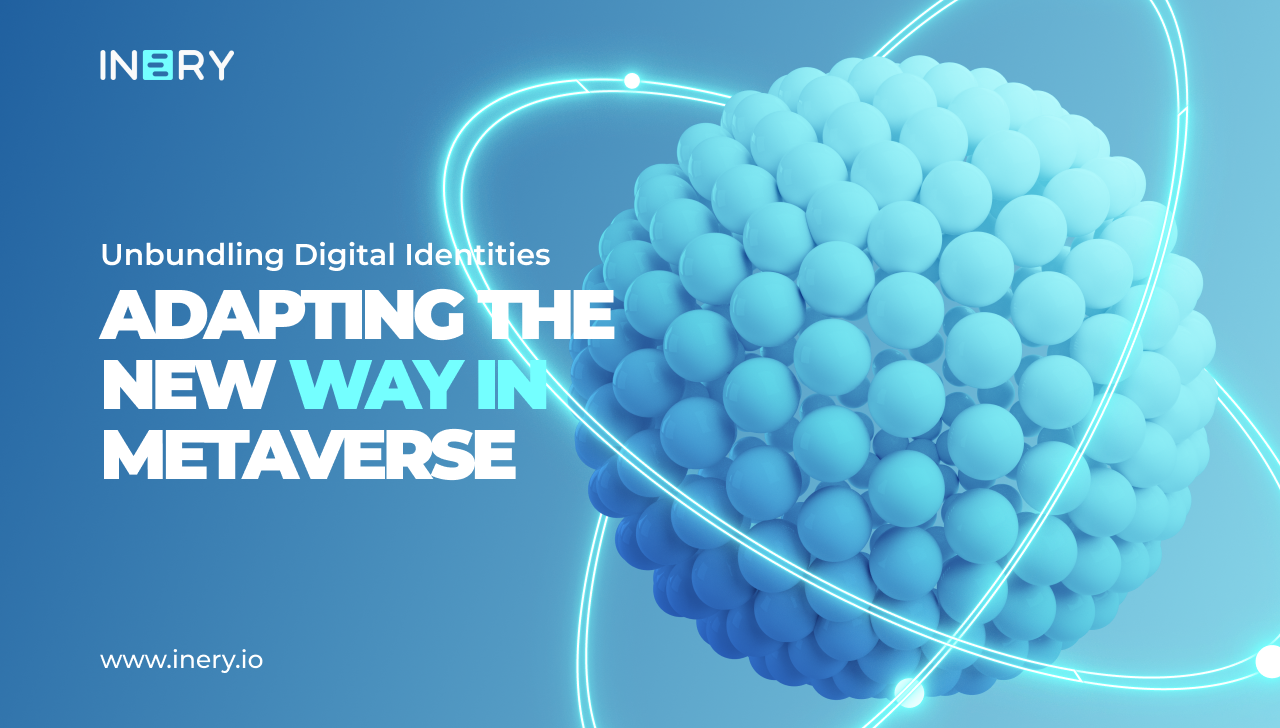As businesses become increasingly reliant on data, the need for competent database management becomes more critical. But despite this importance, many businesses still manage their databases in an ad hoc manner, with little standardization or organization. This can lead to a host of problems, from data inconsistency to outright data loss.
When it comes to database management, there are two main schools of thought: centralization and decentralization. Both have their pros and cons.
However, when it comes to database management that is also secure, decentralization is key. By distributing your data across multiple servers, you can better manage and protect your information.
Some Caveats Of Decentralized Database Management
While decentralized data storage and management offer many advantages, there are also some potential drawbacks.
One is that decentralized systems can be more complex to set up and manage, especially for businesses with limited IT resources. This can also hinder easy integration.
Another caveat is that most decentralized storage and database solutions sacrifice performance for security.
In this article, we will dive into what sets Inery apart from other decentralized database management solutions.
How Inery Overcomes Traditional Decentralized Database Management Challenges
Layer-1
Most solutions that implement decentralized database management are layer-1 blockchains that rely on third-party permissioned protocols to facilitate data movement and communication.
Alternatively, they depend on a separate, centralized solution (MongoDB, for example) that stores the system. Such is the case with BigchainDB.
Further, these layer-1 solutions are unable to facilitate seamless interoperability. Thus limiting the capabilities of the enterprise.
Inery is a layer-1 blockchain that forms the foundation of the entire layer-1 blockchain that stores and manages data. Further, other blockchains could run atop the same.
This native interoperability offers virtually limitless scalability and future-proofing for newer and evolving digital markets in the web 3.0 ecosystem.
Autonomy Over Data
It is important to have autonomy over data because data is power. When individuals, companies, or governments control access to and use of data, they can wield tremendous power over others.
For example, Facebook has come under criticism for collecting data on its users without their consent. This data was then used by Cambridge Analytica to influence the outcomes of the 2016 U.S. presidential election and the Brexit referendum. If individuals do not have autonomy over their own data, it can be used in ways that they never intended and without their knowledge or consent.
The Inery blockchain is a decentralized system that allows users to have complete control of their data without any outside interference. Even though you’re not able to see all the back-end processes happening in your database contract, anyone can manually add additional functions if they want to.
High Throughput, Low Latency
In an effort to make data storage very secure, many layer-1 blockchains are limited to very low throughput and high latency.
Low latency is crucial for effective data management and accessibility. This is particularly true for sectors like healthcare wherein patent data should not only be secure, but healthcare professionals should also be able to access updated data from anywhere very quickly.
Inery uses the Self Delegated Proof of Stake (SDPoS) consensus model to maintain a throughput of over 5000 tps and a high finality rate. In contrast, Proof of Work (PoW) blockchains like Bitcoin and Ethereum have a throughput of about 7 to 14 tps.
Fast Finality
Reversibility of transactions is a serious threat, particularly with sensitive data like patient data. Poor finality could easily invite attacks and data manipulation.
With Inery’s consensus model and its asynchronous Byzantine Fault Tolerance (aBFT) capability, the blockchain has incredible resilience to long-range attacks and a fast finality of just 1 second.
Support for NFTs
Non-fungible tokens (NFTs) are a growing trend in decentralized gaming, collectibles, and other digital markets. Now, even real-world assets are being tokenized into NFTs for greater security and proof of ownership.
Inery’s future-proof tech stack overcomes these challenges and allows for the minting, buying, selling, and storing of NFTs within its ecosystem.
Integration with Existing Infrastructure
Traditional web 3.0 solutions are often not built from the ground up to be compatible with the existing web 2.0 data infrastructure of enterprises.
As a result, they can be very difficult to integrate. This increases the complexity and cost of adoption for enterprises.
Inery’s decentralized database management solution is designed to be easily integrated into the existing web 2.0 data infrastructure. This makes it much simpler and more cost-effective for enterprises to adopt without sacrificing performance.
Conclusion
Inery’s layer-1 decentralized database management solution offers many advantages over existing centralized and decentralized solutions.
Some of the key benefits include true interoperability, native support for NFTs, high throughput and low latency, and easy integration with existing web 2.0 data infrastructure.
Thus, Inery is well-suited to meet the data management and storage needs of modern enterprises with limited IT resources.
About Inery
Inery is the first-ever layer-1 blockchain offering the solution of decentralized database management with the vision to enable a new paradigm for data. Inery is designed to enable cross-chain communication of data, greater speed, and better security. It specifically addresses database management integrated with blockchain functionalities and distributed database management properties.
The Inery database management solution (IneryDB) allows a secure, low-cost, and immutable way for database management where the control of private information remains in the hands of users and enterprises. It sets the base for the web3 future to enable value creation by seamlessly connecting with other systems, applications, and layer-1 networks.
Website | Twitter | Telegram | Telegram Ann | LinkedIn | Discord | Reddit | Instagram

Inery•
2 years ago
IneryDB: How to Insert, Modify, and Remove Data
To insert, modify, and remove data in multi-index tables in IneryDB, click here and master IneryDB’s table operations. ...READ MORE
-1693472387.png)
Share

Inery•
3 years ago
Our Vision for Blockchain: Doing what has never been done before
A frontier for other blockchains while offering a foundation for applications, systems and even layer-1 blockchains. ...READ MORE
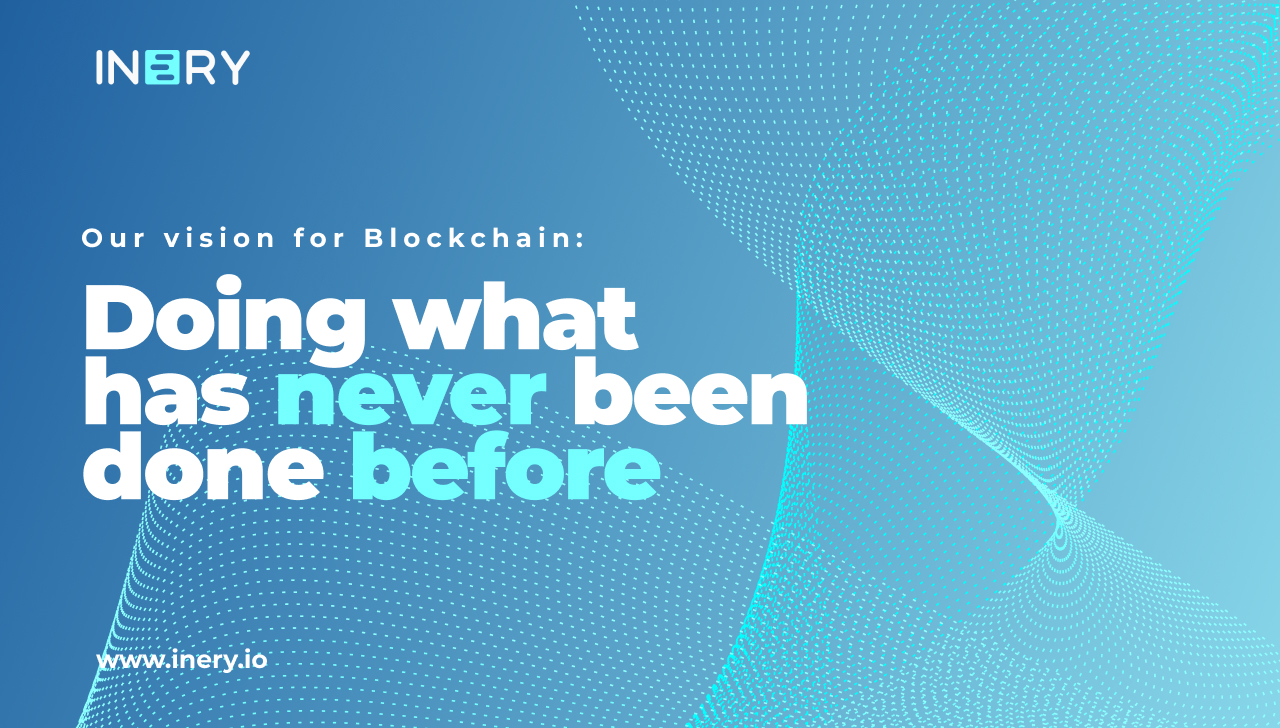
Share

Inery•
1 year ago
The Role of Cryptography in Data Confidentiality
Explore the role of cryptography in ensuring data confidentiality. Learn how encryption techniques prevent unauthorized access, and discover how Inery utilizes cryptography to protect sensitive information. ...READ MORE
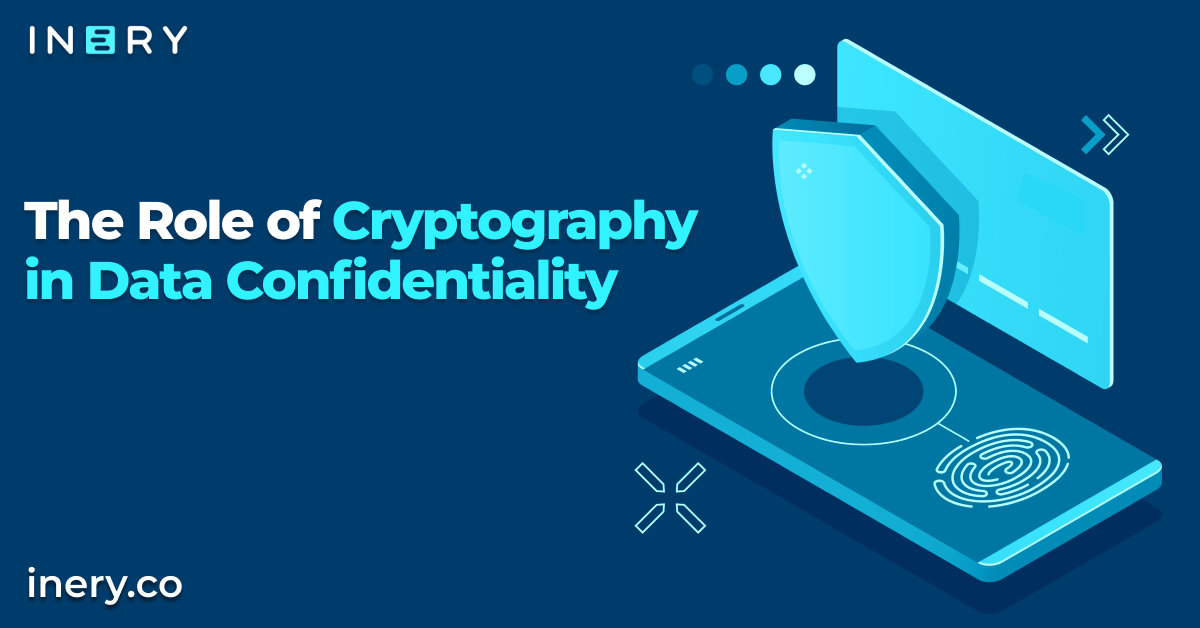
Share

Inery•
10 months ago
The Biggest Data Disasters in History and What We Should Have Learned
Data leaks have become routine headlines. This piece explores the worst breaches, what they cost us, and why decentralized data systems matter more than ever. ...READ MORE

Share
Most popular today

